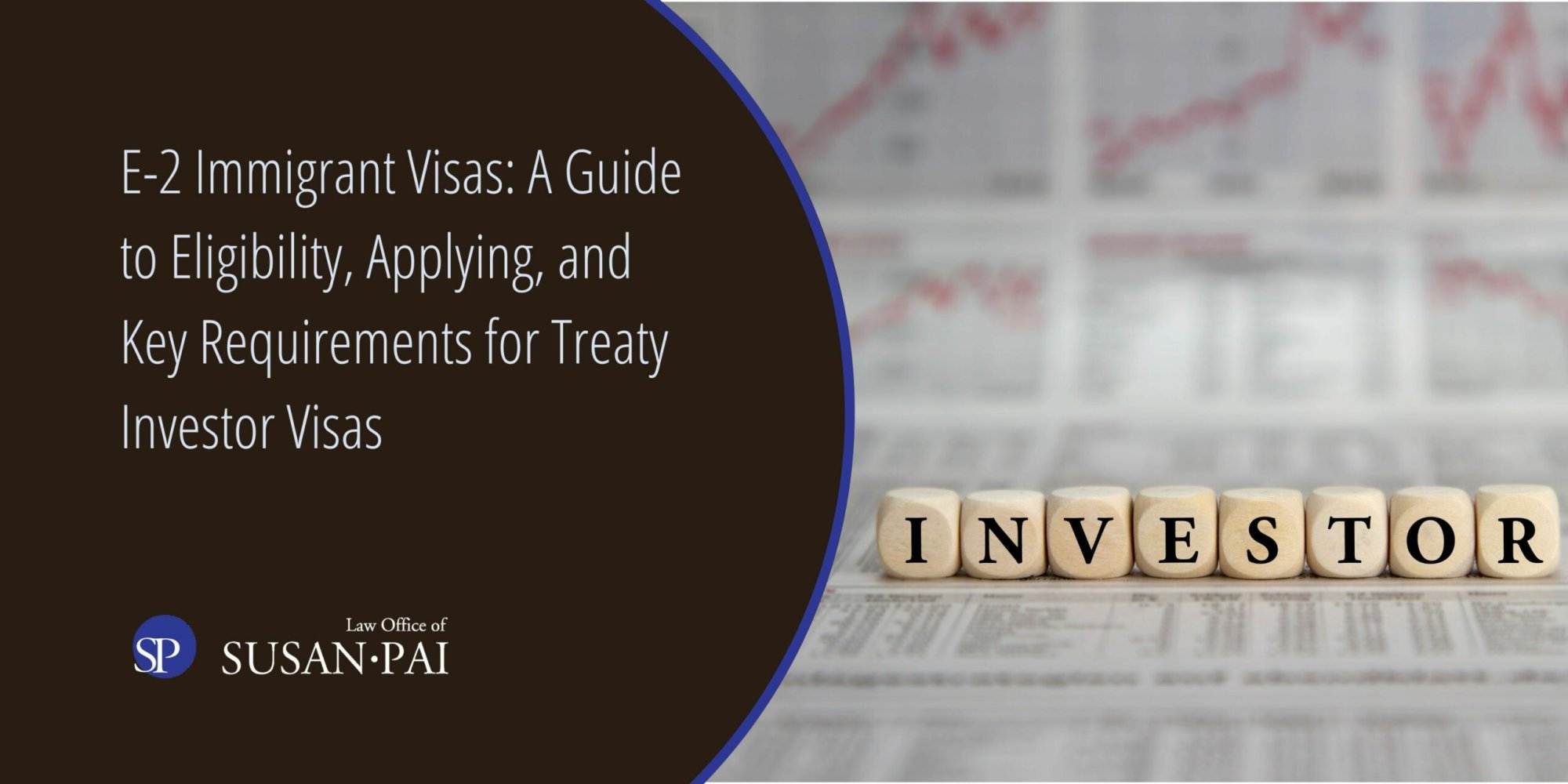Profiting Off Prisoners
With some politicians arguing private prisons help states save money and other politicians arguing the system is rife with corruption, there can be no debate about this basic fact: The private prison system has surged in size since the U.S. began experimenting with private prisons in 1984. Between 1990 and 2009, the inmate population housed in private prisons grew by more than 1,600 percent.
– 1,598,780
– Total number of state and federal prisoners
– 128,195
– Number of state and federal prisoners housed in private facilities
– 37%
– Increase in private prison population between 2002 and 2009
Following the Money
– $3.4 billion
– Combined revenue in 2011 for two largest private prison corporations; that�s more than the GDP of Greenland and the U.S. Virgin Islands combined.
– Corrections Corporation of America – $1.74 billion
– GEO Group – $1.61 billion
– $5.7 million
– Executive compensation for CCA CEO George C. Zoley in 2011
– $3.7 million
– Executive compensation for GEO Group CEO Damon T. Hininger in 2011
Side-by-Side
– Take a closer look at the two largest private prison companies in the U.S.
– Corrections Corporation of America
– Facilities: 66
– Beds: 90,000
– Where they are:
– Texas: 11
– Tennessee: 7
– Arizona: 6
– Georgia: 6
– Florida: 5
– California: 4
– Colorado: 4
– Oklahoma: 4
– Kentucky: 3
– New Mexico: 3
– Mississippi: 2
– Ohio: 2
– Montana: 1
– Nevada: 1
– New Jersey: 1
– Idaho: 1
– Louisiana: 1
– Minnesota: 1
– Indiana: 1
– Kansas: 1
– D.C.: 1
– GEO Group
– Facilities: 56
– Beds: 61,000
– Where they are:
– Texas: 13
– Florida: 3
– California: 4
– Georgia: 4
– Arizona: 3
– New Mexico: 3
– Colorado: 2
– Indiana: 2
– Louisiana: 2
– Washington: 1
– Oklahoma: 1
– New York: 1
– Pennsylvania: 1
– North Carolina: 1
– Virginia: 1
Clean Record
– Safety
– Both companies have faced allegations of unsafe conditions at some of their facilities.
– Inmate-on-inmate assaults in Idaho (2007-2008)
– CCA-run Idaho Correctional Center State-run Idaho State Correctional Institution
– 132 42
– Both facilities held about the same number of inmates, 1,500.
– $6.5 million
– Damages awarded in wrongful death lawsuit against GEO Group in beating death of an inmate by his cellmate at a GEO Group-run prison in Oklahoma
– $1.1 million
– New Mexico Department of Corrections fine against GEO Group for inadequate staffing
– Race
– In addition to safety-related accusations, private prisons also face criticism over racial concerns. According to one analysis, minorities are over-represented in private prisons compared to government-run facilities.
– Percentage of inmates of color
– State Private Public
– California 89% 75%
– Texas 71% 66%
– Arizona 65% 60%
– Immigration status
– Immigration detainees now number about 400,000 a year, and about 1 in 2 are held in private prisons.
– Immigration detainees held in private prisons
– Today 50%
– 2003 25%
– 457%
– Increase in immigration detention since 1994
Boon to Local Economies?
– Despite claims that state budgets can be bolstered by turning to private prisons, studies in several states have found just the opposite. And in the case of Hardin, Montana, the promise of a new private prison never panned out, wasting the town millions.
– $27 million Bonds issued by the town to fund the project
– 67: People offered jobs at facility that never opened
– $8,000 Cost to fix leaky pipes in new building
– $10,000 Monthly gas bills at empty facility
Sources
– http://www.huffingtonpost.com
– http://www.policymic.com
– http://www.cca.com
– http://www.geogroup.com
– http://www.sec.gov
– http://www.propublica.org
– http://www.bjs.gov
– http://www.aclu.org


